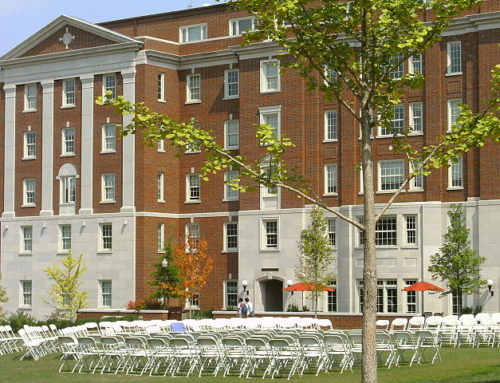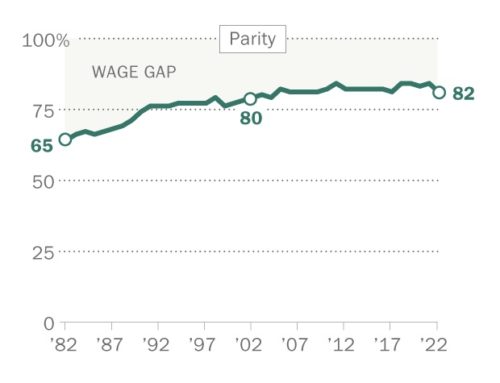In today’s New York Times, Henry Louis Gates, Jr. a professor at Harvard pointed out that the problem of elevating most blacks out of poverty requires urgent attention. Moreover, part of our failure to uplift Blacks stems from our failure to recognize the growing divide between middle class blacks and poor blacks.
In essence, the civil rights movement cannot make meaningful strides to advance the cause of Black Americans without programs that address the specific problems of poor blacks. Today, 69% of Blacks babies are born out of wedlock and 45 % of black households are headed by women. A larger number of black males between the ages of 18 and 24 are in jail than in college.
While this is admittedly anecdotal information, my brother, Dr. Herbert Werlin, tried to introduce the same academic standards at Howard University (The so-called Harvard of Black colleges) as the University of Maryland. My brother’s Howard students rebelled saying that “they were not prepared to meet the elevated standards of the University of Maryland.” Needless, to say, my brother only taught one semester at Howard. He found tennis more intellectually stimulating.
In 1944, the Swedish economist Gunner Myrdal painstakingly detailed what he saw was obstacles to full participation in American society that were faced by African Americans as of the 1940’s. While de jure segregation no longer exists in the United States, a disturbingly high percentage of blacks seem permanently mired in a vicious cycle of poverty, crime, inadequate education, single family heads of households, and a staggering number of other obstacles that effectively prevent their ascension to a middle class life style.
Gates points out that demagogues like Jesse Jackson and Al Sharfton fail to point to the self-inflicted causes of black suffering such as responsible sexuality, birth within marriage, parents reading to their children, and more strident efforts to eliminate the drug epidemic.
Tom Friedman’s best seller, The World is Flat, dealt with the growing inequality between developed and undeveloped nations. Friedman also pointed out that in countries like China and India, millions of their inhabitants were not participating in the dramatic uplifting of the standard of living of their countrymen. In essence, just like China and India most American blacks are in reality living a third world existence.
In conclusion, despite forty years of significant expenditures on transfer payments to Blacks, the chasm between poor blacks and non-Hispanic whites is growing. Moreover, the chasm now embraces the black community itself, where middle class blacks feel a great kinship with white Americans than poverty stricken lower class Blacks.
Are there answers?
Gates feels that 1) we need to explore further the advantages of giving blacks a “capitalistic” stake in their future and 2) we need to uplift meaningfully the educational resources provided to Blacks.
My thoughts
“The devil is in the details.” That is, over the last forty years, we have witnessed first hand the catastrophic failures of “neighborhood run schools”, the failure of public housing, the countless scams associated with welfare programs, and the paucity of qualified, honest black officials. That is, the elevation of Blacks to major roles in the school system, political offices at the federal, state, and local level, has not led to meaningful improvement in the outlook for the average Black American.
Originally published in the Sarasota Herald-Tribune



